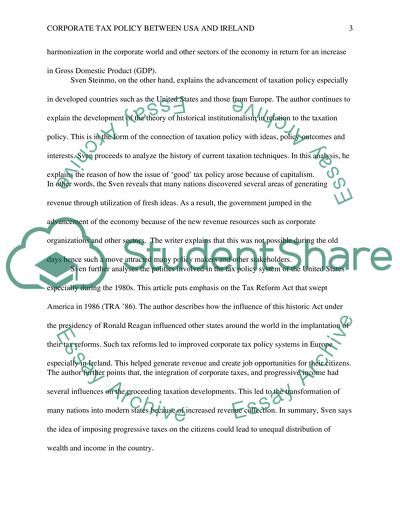Cite this document
(“Corporate Tax Policy between USA and Ireland Article”, n.d.)
Retrieved from https://studentshare.org/history/1433693-which-corporate-tax-policy-is-more-effective-in
Retrieved from https://studentshare.org/history/1433693-which-corporate-tax-policy-is-more-effective-in
(Corporate Tax Policy Between USA and Ireland Article)
https://studentshare.org/history/1433693-which-corporate-tax-policy-is-more-effective-in.
https://studentshare.org/history/1433693-which-corporate-tax-policy-is-more-effective-in.
“Corporate Tax Policy Between USA and Ireland Article”, n.d. https://studentshare.org/history/1433693-which-corporate-tax-policy-is-more-effective-in.


